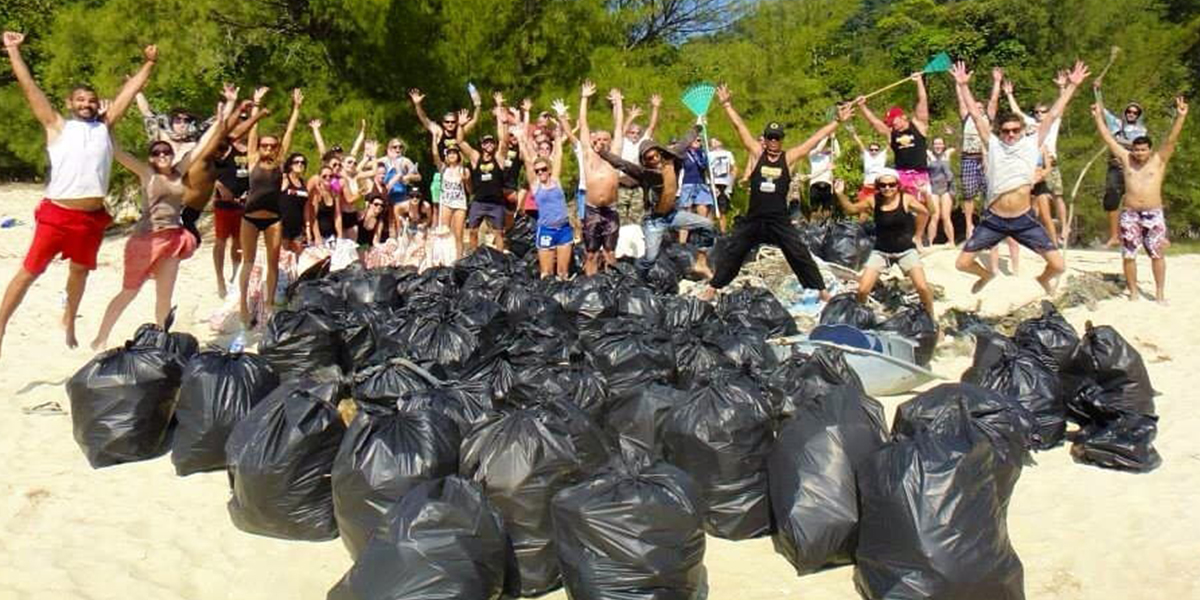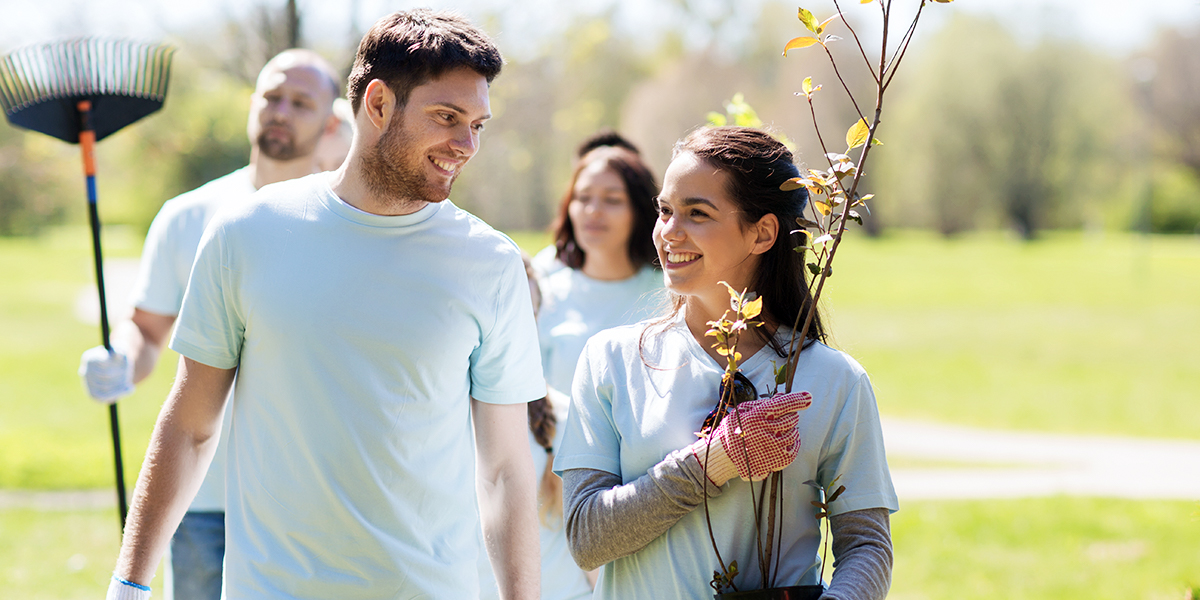His encyclical ‘Laudato Si’ can get us on track.
Lenten Campaign 2025
This content is free of charge, as are all our articles.
Support us with a donation that is tax-deductible and enable us to continue to reach millions of readers.
On May 14th, 2015, Pope Francis called the world to attention with the publication of his encyclical “Laudato Si’.” In this document, he promotes “integral ecology,” which takes everyone into account because it’s about taking care of our common home.
Concern for the environment has been present in public life at least since the 1960s, when the first environmentalist political party arose in Germany. Since then, the scientific evidence has shown troubling trends when it comes to the planet, even though we have access to scientific advances and studies that offer us short- and long-term solutions. Public opinion is reflecting this concern more and more.
A sharp change of direction is needed if we are to preserve and protect God’s creation, with all the effects this can have for people—effects that sometimes happen in places far from us, due to the outsourcing of production to foreign countries and the often unpredictable way that industry can affect climates.
Recently, there’s been a new ecological trend on social networks: the #trashtag challenge, which invites people to collect trash and to show before-and-after photos of how they have helped clean up the planet. Some people pick up trash on the beach, while others collect garbage from forests, or a help clean up neighborhoods in major cities.

Pope Francis has played a role in this cultural trend. During the six years of his pontificate to date, he has often spoken about the environment and about taking care of our common home. He’s calling for all Christians to take part in this ecological revolution.
It has already become clear that concern for the environment is not a minor issue or a fad. Pope Francis is one of the voices on the global stage that continues to remind us of our duty to take care of God’s creation. Each of us must ask ourselves: What can I do today to improve the situation of a planet? Do I recycle? Do I make good use of everything I buy or own? Do I try to use resources responsibly?
The encyclical “Laudato Si’” is short enough to read in one sitting, but here are some key passages:
1. Practical examples
“Education in environmental responsibility can encourage ways of acting which directly and significantly affect the world around us, such as avoiding the use of plastic and paper, reducing water consumption, separating refuse, cooking only what can reasonably be consumed, showing care for other living beings, using public transport or car-pooling, planting trees, turning off unnecessary lights, or any number of other practices. All of these reflect a generous and worthy creativity which brings out the best in human beings. Reusing something instead of immediately discarding it, when done for the right reasons, can be an act of love which expresses our own dignity.” (LS 211)
2. Appreciation of beauty
“‘The relationship between a good aesthetic education and the maintenance of a healthy environment cannot be overlooked.’ By learning to see and appreciate beauty, we learn to reject self-interested pragmatism. If someone has not learned to stop and admire something beautiful, we should not be surprised if he or she treats everything as an object to be used and abused without scruple. If we want to bring about deep change, we need to realize that certain mindsets really do influence our behavior. Our efforts at education will be inadequate and ineffectual unless we strive to promote a new way of thinking about human beings, life, society and our relationship with nature. Otherwise, the paradigm of consumerism will continue to advance, with the help of the media and the highly effective workings of the market.” (LS 215)

3. St. Francis of Assisi and untamed nature
“Saint Francis, faithful to Scripture, invites us to see nature as a magnificent book in which God speaks to us and grants us a glimpse of his infinite beauty and goodness. ‘Through the greatness and the beauty of creatures one comes to know by analogy their maker’ (Wis 13:5); indeed, ‘his eternal power and divinity have been made known through his works since the creation of the world’ (Rom 1:20). For this reason, Francis asked that part of the friary garden always be left untouched, so that wild flowers and herbs could grow there, and those who saw them could raise their minds to God, the Creator of such beauty. Rather than a problem to be solved, the world is a joyful mystery to be contemplated with gladness and praise.” (LS 12)
4. Protecting the home we share
“The urgent challenge to protect our common home includes a concern to bring the whole human family together to seek a sustainable and integral development, for we know that things can change. The Creator does not abandon us; he never forsakes his loving plan or repents of having created us. Humanity still has the ability to work together in building our common home. Here I want to recognize, encourage and thank all those striving in countless ways to guarantee the protection of the home which we share. Particular appreciation is owed to those who tirelessly seek to resolve the tragic effects of environmental degradation on the lives of the world’s poorest.” (LS 13)

5. Towards a new universal solidarity
“We require a new and universal solidarity. As the bishops of Southern Africa have stated: ‘Everyone’s talents and involvement are needed to redress the damage caused by human abuse of God’s creation.’ All of us can cooperate as instruments of God for the care of creation, each according to his or her own culture, experience, involvements and talents.”

Read more:
“Firefall” in Yosemite National Park shows the wonder of God’s creation

Read more:
Awe-inspiring photos of Earth taken from the International Space Station








